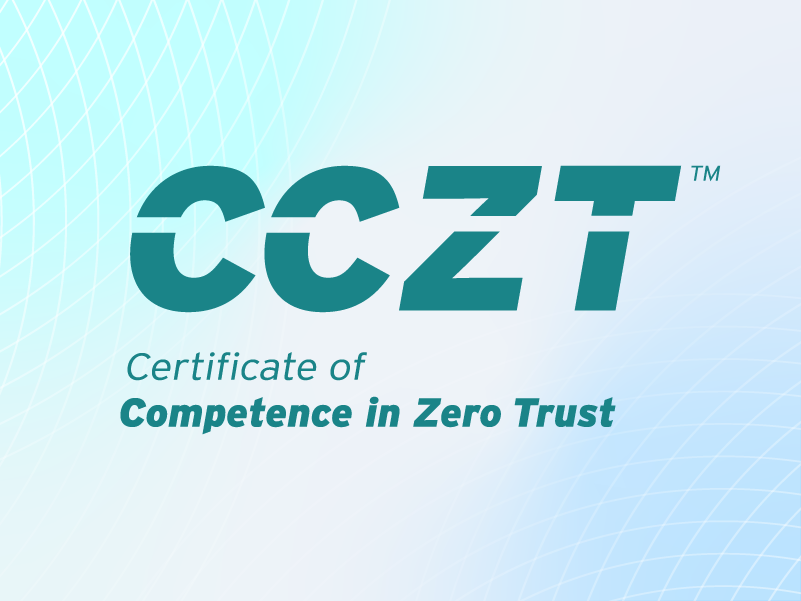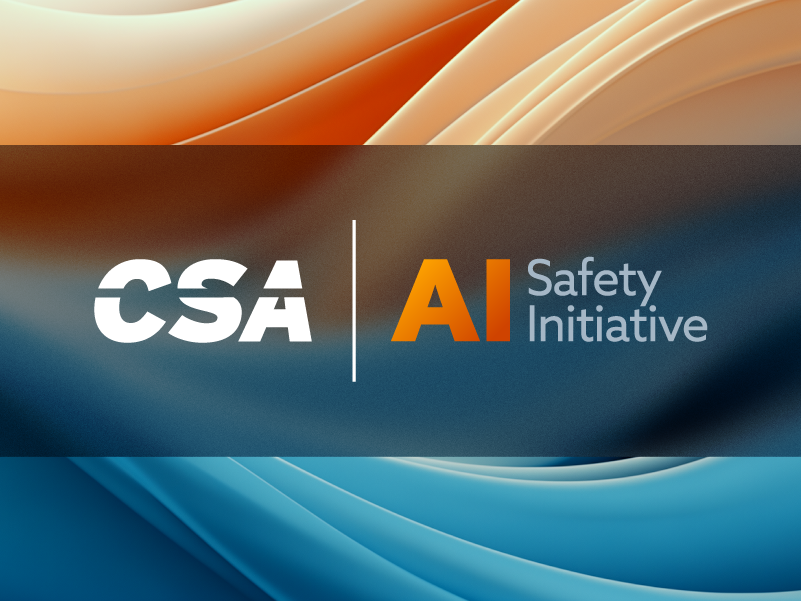The Implications of AI in Cybersecurity - A Transformative Journey
Published 03/11/2024
The emergence of Artificial Intelligence (AI) stands as both a beacon of hope and a subject of intricate debate. This transformative technology, with its dual-edged potential, demands a careful examination of its implications in the realm of cybersecurity. The integration of AI into cybersecurity heralds a new era of digital defense, promising enhanced capabilities in detecting and responding to an ever-evolving array of cyber threats. Yet, this journey is not without its challenges, which include the ethical quandaries of dual-use technology, the bridging of significant skill gaps, and the potential pitfalls of over-reliance on automated systems.
The cautiously optimistic view among security professionals towards AI encapsulates the complex dynamics at play. A majority of security professionals recognize AI's potential to significantly improve threat detection and response. However, there's a palpable concern over the technology's potential misuse by malicious actors, highlighting a critical area of focus: the need for robust, ethical guidelines and continuous oversight in AI's application within cybersecurity frameworks.
The anticipation of AI's broader implementation within the cybersecurity sector reflects a widespread recognition of its potential to revolutionize how organizations protect against and respond to cyber threats. Yet, this enthusiasm is tempered by a pragmatic understanding of the existing barriers. The disparity between the drive for rapid implementation and the reality of the talent pool highlights the urgent need for targeted education and training programs to cultivate a workforce capable of navigating the complexities of AI in cybersecurity.
Amid these challenges, the Cloud Security Alliance (CSA) has embarked on a pioneering mission with the AI Safety Initiative, aiming to shape the future of AI in cybersecurity through comprehensive best practices, particularly focusing on Generative AI.
This initiative represents CSA's commitment to leveraging its vast experience and network to foster innovation and collaboration across governments, industry, and NGOs. The CSA AI Safety Initiative is structured around four key pillars, each focusing on a critical area of AI integration into cybersecurity:
Furthermore, CSA has launched the "State of AI Cybersecurity Survey Report," aiming to capture a snapshot of the current state of AI adoption in cybersecurity, the challenges organizations face, and the strategies being deployed to navigate these challenges.
CSA's initiatives underscore the complex nature of integrating AI into cybersecurity, addressing technological, risk, governance, and organizational responsibilities. This strategic approach paves the way for a future where AI can be harnessed safely and effectively, enhancing our digital defenses while navigating ethical and practical challenges.
As we look toward the integration of AI in cybersecurity, the need for strategic leadership, comprehensive training, and ethical practices becomes paramount. Through collaborative efforts underpinned by CSA's initiatives, the cybersecurity community can ensure a resilient digital infrastructure, capable of defending against emerging threats in an AI-driven era.
Sign up here to stay informed of CSA's AI Safety Initiative activities and indicate your interest in any of the AI working groups.
Related Resources



Unlock Cloud Security Insights
Subscribe to our newsletter for the latest expert trends and updates
Related Articles:
Zero Trust for Agentic Pipelines That Touch Cloud Production
Published: 02/27/2026
Core Collapse
Published: 02/26/2026
Agentic AI and the New Reality of Financial Security
Published: 02/26/2026
AI Security: When Authorization Outlives Intent
Published: 02/25/2026


.png)
.jpeg)
.jpeg)

